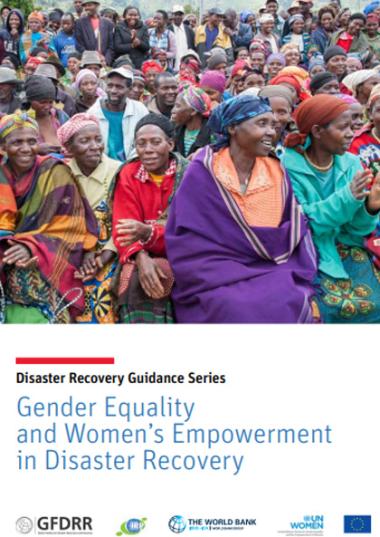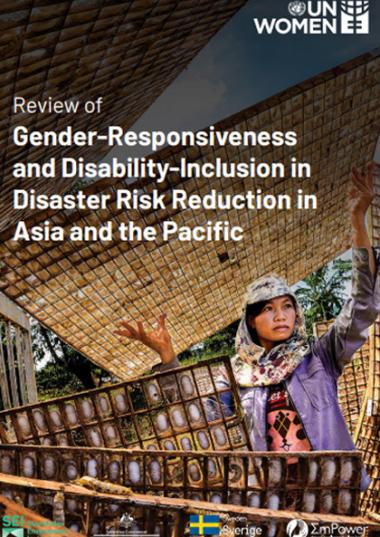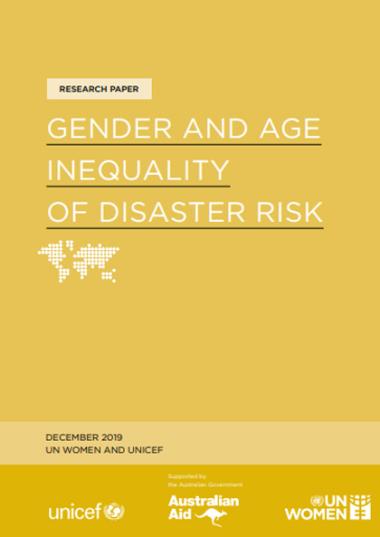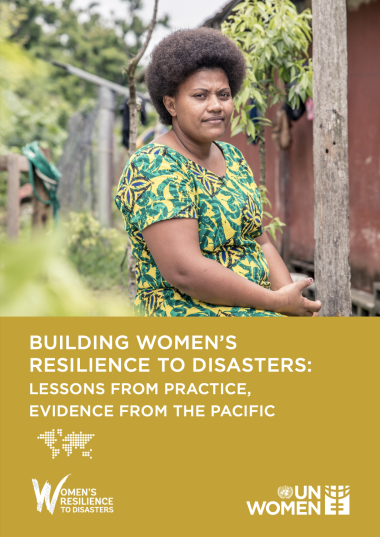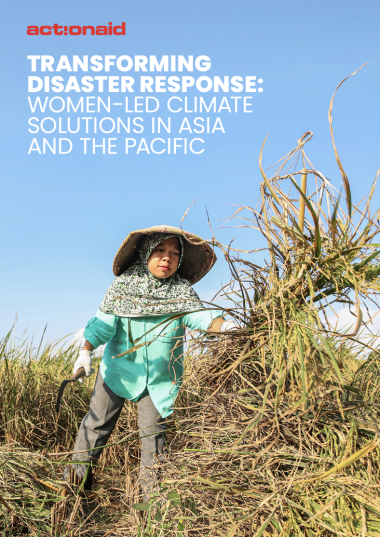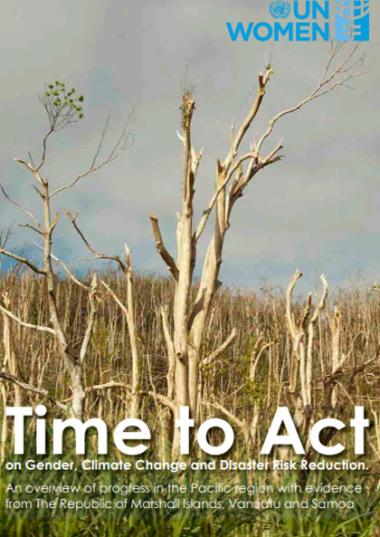
An evaluation and monetary assessment of the impact of flooding on subjective well-being across genders in Vietnam
February 2019
The intangible impacts of floods on welfare are not well investigated, even though they are important aspects of welfare. Moreover, flooding has gender-based impacts on welfare. These differing impacts create a gender-based flood risk resilience gap.
This paper studies the intangible impacts of flood risk on the subjective well-being of residents in central Vietnam. The measurement of intangible impacts through subjective well-being is a growing field within flood risk research. It finds an initial drop in welfare through subjective well-being across genders when a flood is experienced. Male respondents tended to recover their welfare losses by around 80% within 5 years while female respondents were associated with a welfare recovery of around 70%.
Monetization of the impacts floods have on an individual’s subjective well-being shows that for the average female respondent, between 41% to 86% of annual income would be required to compensate subjective well-being losses after 5 years of experiencing a flood. The corresponding value for males is 30% to 57% of annual income. This shows that the intangible impacts of flood risk are important (across genders) and need to be integrated into a flood (or climate) risk assessments to develop more socially appropriate risk management strategies.
